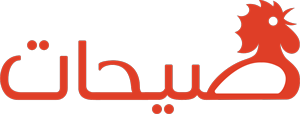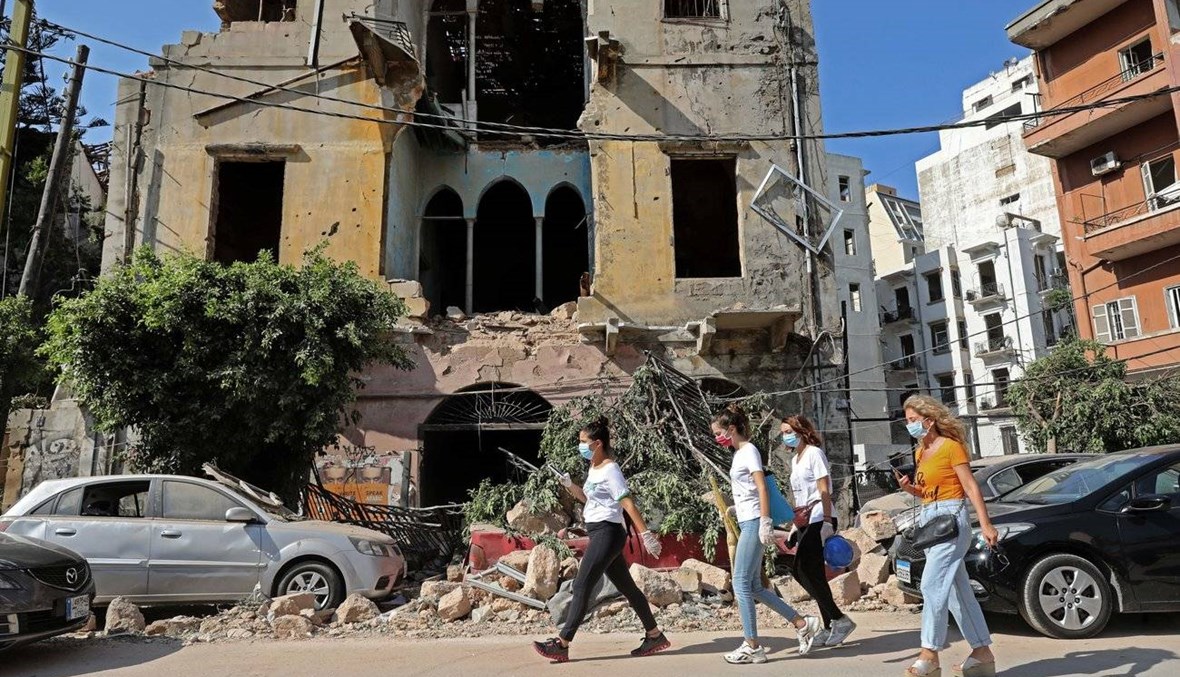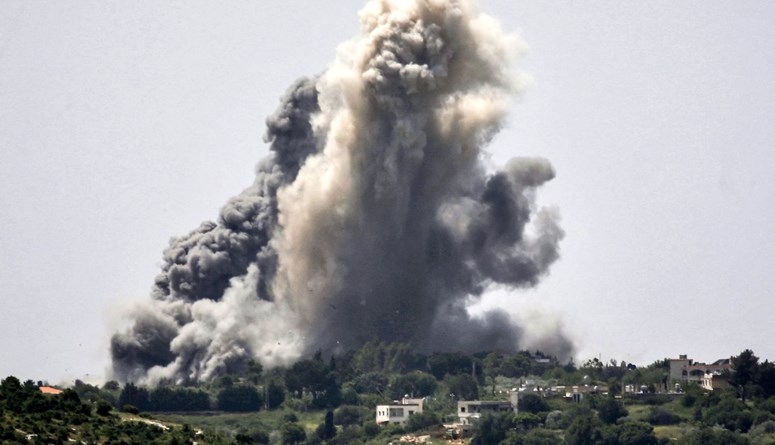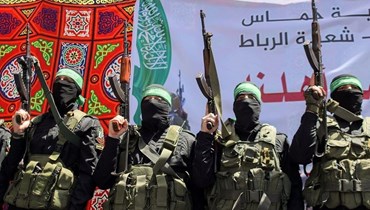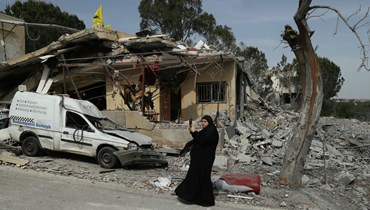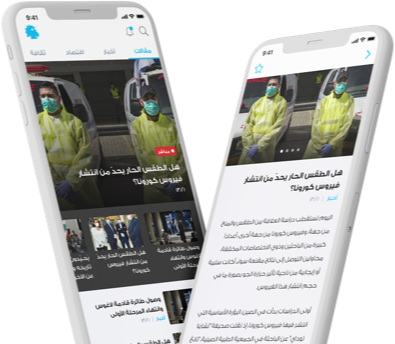NAYA | Gender equality matters in Beirut blast response
BEIRUT: When a massive explosion shook the Lebanese capital of Beirut on August 4, Lebanon was already facing a continuous downward spiral amid financial turmoil, economic crisis, and a COVID-19 outbreak that overwhelmed the healthcare system.
The devastating blast at Beirut's port – which killed at least 181 people, injured more than 6,000, left an estimated 300,000 effectively homeless, and damaged buildings across the city – deepened the suffering of the Lebanese already pushed to the brink. The multi-faceted crises exacerbated vulnerabilities among several groups, including women and girls.
Experts predicted a further economic crash would result from the aftermath of the explosion. According to a brief published by the United Nations Economic and Social Commission for Western Asia (ESCWA) last week, more than 55% of the country’s population is now trapped in poverty and struggling for bare necessities, which is almost double last year’s rate.
Before the blast, UN Women estimated that the economic crisis would result in a 14 to 19 percent reduction in women’s engagement in the economy, and this may worsen.
Rachel Dore-Weeks, head of UN Women Lebanon, told Annahar’s NAYA that “the economic marginalization in question hits women disproportionately, puts them at risk of violence and exploitation, and decreases their ability to recover from shocks.”
Consequently, Dore-Weeks stressed the importance of placing women at the center of recovery plans.
“Women are less resilient to shocks due to gender inequalities that leave them more likely to be food insecure, unemployed, and survivors of gender-based violence, and less likely to have savings, a bank account, extensive social network beyond their family, and access to urgent social protection,” she said.
In the wake of the Beirut blast, data by UN Women, the Lebanese Red Cross, and the United Nations Office for the Coordination of Humanitarian Affairs (OCHA) suggested that a large number of households headed by women and elderly women were affected in the area.
According to Dore-Weeks, these groups must be targeted and prioritized in the response.
“Women, girls, and the elderly are identified among the most in need of protection assistance in crisis as they have fewer coping mechanisms,” she noted. “In light of increasing economic vulnerabilities, female-headed households are more likely to experience different forms of abuse.”
Lebanon has one of the highest overall gender gaps in the world. It ranked 145 out of 153 countries in the World Economic Forum Gender Gap report 2020 and amongst the lowest global rates of women’s labor market participation, hovering at 29% for women and 76% for men.
Women, peace, and security: key factors for stability
Research on women, peace, and security provides strong evidence that women’s empowerment and gender equality are associated with more peaceful and stable outcomes.
In a report published by UN Women earlier this month, the organization mentioned that while it was scaling up its resilience and recovery programming in Lebanon, it was also strengthening its work on women’s leadership and peace and security considered as key factors for stability in the country and the region.
“Women, who are historically excluded from Lebanon’s economy, should be provided with employment opportunities and social protection to enable them to enter or stay in the job market and keep their children in school,” Dore-Week said. “Only when these basic needs are met, women will be able to serve as leaders within their communities and contribute to ensuring state stability.”
Another important factor related to gender equality for security and development is women’s quality participation in politics and peace talks and negotiations. UN Resolution 1325 recognizes the importance of women’s role in preventing and maintaining peace and security. It also urges states to ensure increased representation of women at all decision-making levels in national, regional, and international institutions, as well as in mechanisms for preventing, managing, and resolving conflicts.
With respect to the Beirut blast, women and girls led the response as firefighters, nurses, doctors, caregivers, social workers, community members and leaders, domestic workers, paramedics, pharmacists, reporters, survivors, and volunteers. They weren’t seen, however, at the negotiation table.
Commenting on this, Dore-Weeks pointed out that women in Lebanon had never sat around the peace and negotiation table.
“Women were excluded from the Taif Accord and all subsequent dialogues, including the 2007 efforts hosted in La Celle Saint-Cloud in France, and the 2008 Doha Agreement. Further, the National Dialogue Committee included representatives from Lebanon’s major political parties, none of whom were women,” she emphasized. “Yet, we know that women make a difference when they’re included in political and peacemaking dialogues.”
“It’s imperative for Lebanon now to ensure that recovery and reconstruction are equal – that it learns from the post-war reconstruction period, and builds back a city and country that are more equal, more transparent, and more accountable."


 اشترِك في نشرتنا الإخبارية
اشترِك في نشرتنا الإخبارية




